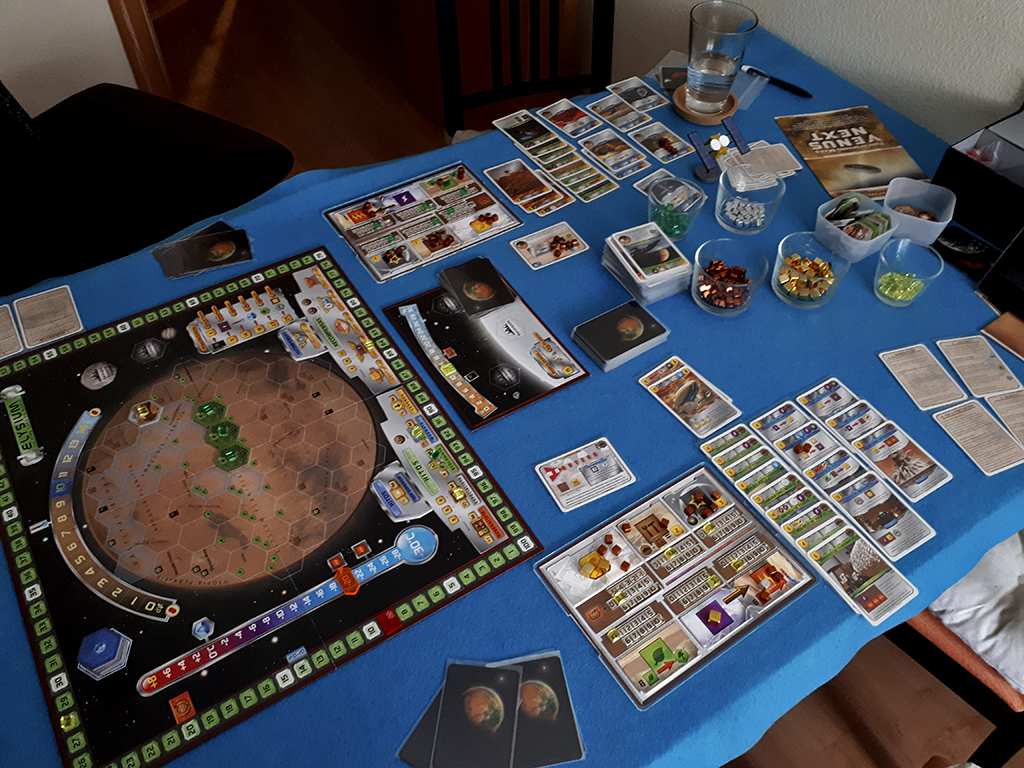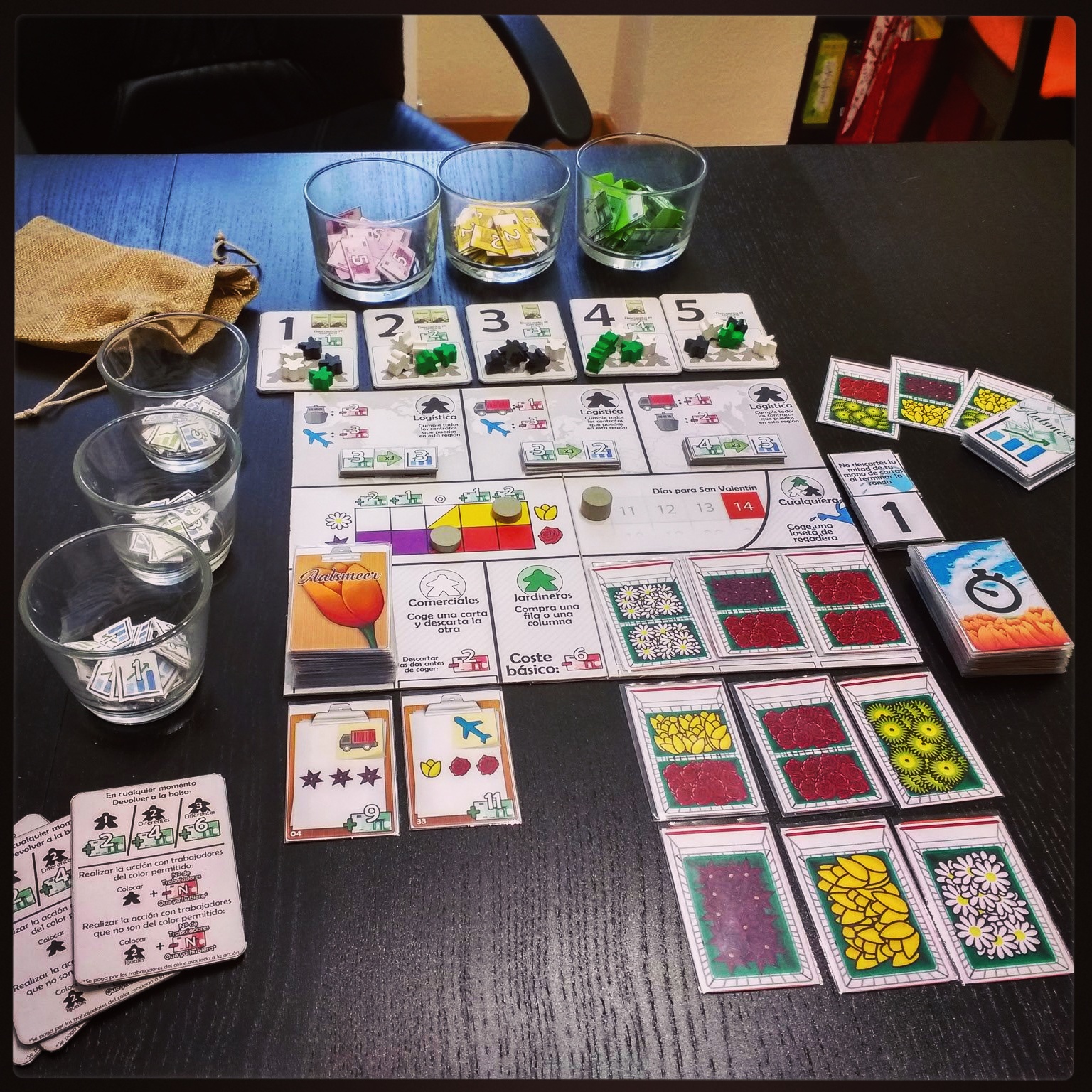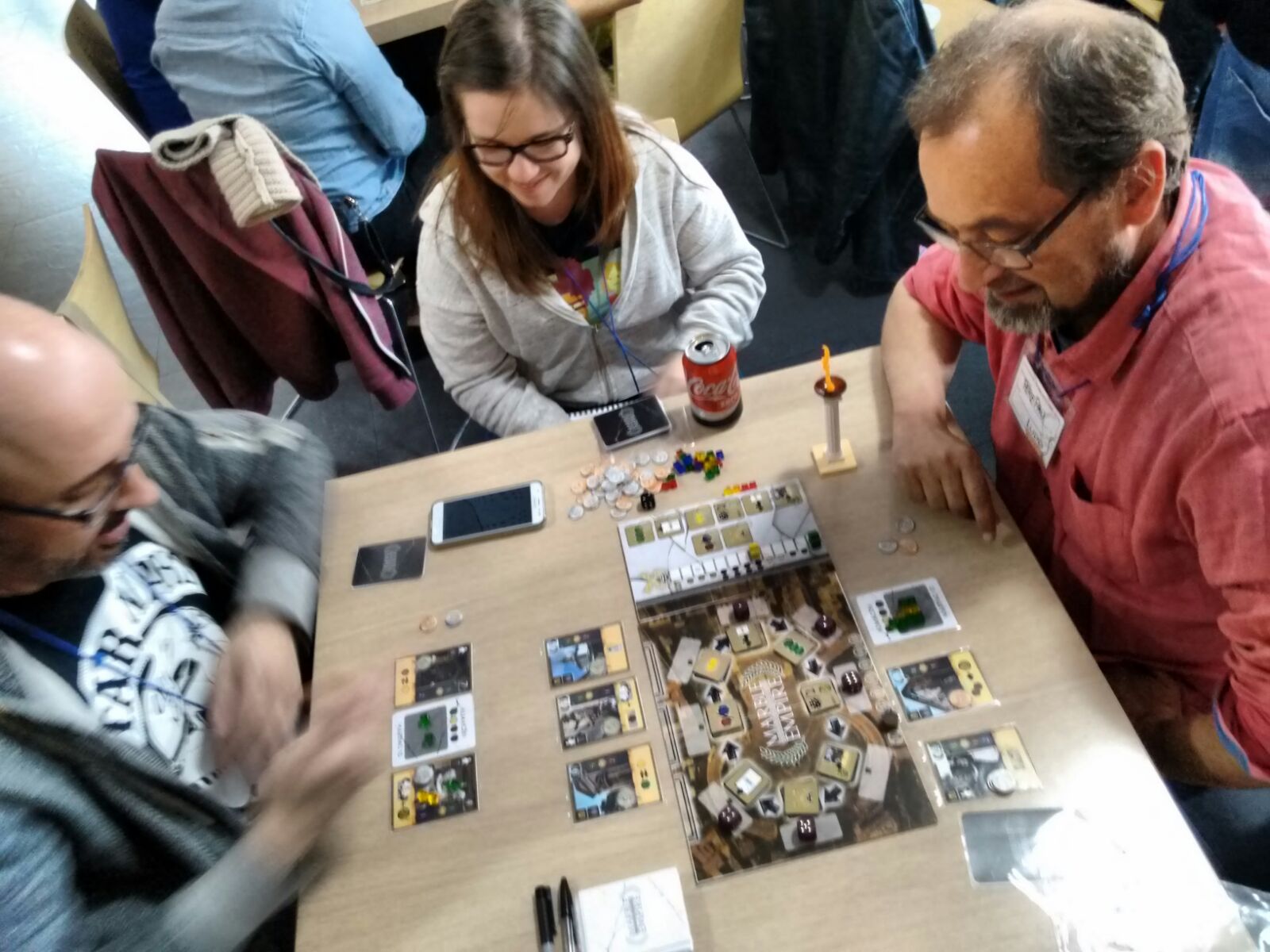The Uninvited Guest of Loss: Understanding Its Presence
Loss is an inevitable part of life, affecting everyone at some point or another. It can take various forms – loss of a loved one, job, relationship, health, or even a cherished possession. How we respond to these losses is crucial in determining our emotional and mental well-being.
The Stages of Grief: https://tomeof-madness.com/ A Framework for Understanding
Loss often triggers grief, which can be overwhelming if not managed properly. The five stages of grief proposed by Elisabeth Kübler-Ross are:
- Denial: An initial coping mechanism where we struggle to accept the reality of the loss.
- Anger: Feeling frustrated and resentful towards the situation or people involved.
- Bargaining: Attempting to undo the loss through negotiation with a higher power or oneself.
- Depression: Experiencing sadness, hopelessness, and a lack of motivation.
- Acceptance: Coming to terms with the loss and finding ways to move forward.
Recognizing the Impact of Loss
While everyone experiences grief differently, some common effects include:
- Emotional distress
- Changes in appetite or sleep patterns
- Physical symptoms like headaches or stomach problems
- Withdrawal from social activities
Managing Loss: Strategies for Coping
Managing loss requires a combination of emotional, mental, and physical strategies.
Emotional Management
- Acknowledge your feelings: Recognize the emotions you’re experiencing and give yourself permission to feel them.
- Express yourself: Talk to someone about your loss or write in a journal.
- Seek support: Reach out to friends, family, or a therapist for guidance.
Mental Strategies
- Practice self-care: Engage in activities that promote relaxation and stress reduction.
- Focus on the present: Concentrate on what you can control in the present moment.
- Reframe negative thoughts: Challenge pessimistic views by finding silver linings or lessons learned.
Physical Health
- Maintain a healthy diet: Eat nutritious foods to support your physical and emotional well-being.
- Engage in regular exercise: Physical activity helps reduce stress and promotes mental clarity.
- Get enough sleep: Prioritize rest to aid in recovery.
Navigating the Long-Term Effects of Loss
Loss can have long-lasting effects on our lives, making it essential to develop strategies for managing these changes.
- Seek professional help if struggling with persistent grief or other symptoms.
- Find ways to honor and remember loved ones who have passed away.
- Explore new hobbies or interests to find meaning and purpose in life.
Rebuilding and Renewal
While loss can be painful, it also presents opportunities for growth and renewal.
- Practice gratitude: Reflect on the things you’re thankful for each day.
- Cultivate resilience: Develop coping strategies that help you bounce back from adversity.
- Embrace change: View challenges as stepping stones towards personal growth and development.
By acknowledging the impact of loss, understanding its stages, and implementing emotional, mental, and physical management strategies, we can navigate even the most difficult times with greater ease and resilience.








